Electric Vehicle Subsidy in Delhi
Electric vehicles (EVs) are
becoming increasingly popular as an alternative to traditional vehicles that
run on fossil fuels. As a response to the growing demand for EVs, the Delhi
government has introduced a subsidy policy to encourage more people to switch
to electric vehicles.
EV Subsidy Policy in Delhi
Delhi's EV subsidy policy provides
financial incentives to people who purchase electric vehicles. The policy is
designed to make EVs more affordable and accessible to the people of Delhi. The
subsidy is available to people who meet certain eligibility criteria, such as
owning a residential property in Delhi and having a valid driving license.
The subsidy amount varies
depending on the type of electric vehicle purchased. For example, the subsidy
for an electric 2-wheeler is Rs 5,000 per kWh, up to a maximum of
Rs 30,000. Similarly, the subsidy for an electric car is Rs
10,000 per kWh, up to a maximum of Rs 1.5 lakh.
|
ELECTRIC VEHICLES MODELS ELIGIBLE UNDER THE DELHI EV POLICY |
|||||
|
E-Cycles |
2-Wheelers |
E-Auto Rickshaw |
E-Rickshaws & E-Carts |
4-Wheelers |
Light Commercial Vehicles |
|
E-cycles
are eligible for a purchase incentive of 25% of the MRP (not exceeding INR.
5,500 per vehicle). |
Purchase incentive of Rs 5,000/kWh
of battery capacity; not exceeding Rs 30,000/vehicle. |
Purchase incentive of Rs 30,000/vehicle
on buying e-LCV. |
Purchase
incentive of Rs 30,000/vehicle on buying an e-rickshaw or e-cart.
|
Purchase incentive of Rs 10,000/kWh
of battery capacity for the first 1000 cars Cap of Rs 1,50,000/vehicle. |
Purchase incentive of Rs 30,000/vehicle
on buying e-LCV.
|
|
An additional INR. 2,000 to the first
1,000 individual owners of e-cycles. |
Additional scrapping incentive of up to
Rs 5,000, subject to evidence of matching contribution from the dealer or
Original Equipment Manufacturer (OEM). |
A scrapping incentive of up to Rs 7,500
subject to evidence of matching contribution from the dealer/OEM.
|
E-rickshaw and e-cart, based on
advanced batteries also eligible for a 5% interest subvention on loans and/or
hire purchase scheme |
Delhi crossed the 1000-car mark in August
2021, and incentives on e-cars are subject to further notification from the Delhi
Government. |
A scrapping incentive of up to Rs 7,500
subject to evidence of matching contribution from the dealer/OEM. |
|
E-cargo
cycles are eligible for a purchase incentive of 33% of the e-cycle price (not
exceeding INR. 15,000 per vehicle). |
|
Eligible for a 5% interest
subvention of loans and/or hire purchase scheme. |
|
|
Eligible for a 5% interest
subvention of loans and/or hire purchase scheme. |
|
A scrapping incentive of Rs 2,000-Rs 3,000
subjects to evidence of matching contribution from the dealer/OEM. |
|
|
|
|
|
Also, See: All State EV Policies
Benefits of EV Subsidies in Delhi
The introduction of EV subsidies
in Delhi has numerous benefits. First and foremost, electric vehicles produce
zero emissions, which makes them environmentally friendly. By promoting the use
of EVs, Delhi can reduce its air pollution levels and greenhouse gas emissions.
In addition, EVs are cheaper to
operate and maintain than traditional vehicles. EVs have lower running costs,
as electricity is cheaper than gasoline or diesel. They also require less
maintenance as they have fewer moving parts than traditional vehicles.
Moreover, the adoption of EVs can
create new job opportunities in the charging infrastructure industry, leading
to an increase in economic growth.
Challenges Faced by EV Subsidy Policy in Delhi
The implementation of EV subsidies
in Delhi faces several challenges. One of the significant challenges is low
awareness among people. Many people are unaware of the benefits of electric
vehicles and the subsidy policy. Therefore, they continue to purchase
traditional vehicles.
Another challenge is the lack of
sufficient charging infrastructure. Many people are hesitant to purchase EVs
because they worry about running out of power and not having a place to charge
their vehicles.
Impact of EV Subsidies in Delhi
The introduction of EV subsidies
in Delhi has had a significant impact on the adoption of electric vehicles. The
number of EVs sold in Delhi has increased dramatically since the introduction
of the subsidy policy. According to a report by the Society of Manufacturers of
Electric Vehicles, the sales of EVs in Delhi increased by 72% in the first half
of 2021 compared to the same period in the previous year.
Moreover, the increase in the
number of EVs has led to a reduction in air pollution levels. Delhi is one of
the most polluted cities in the world, and air pollution is a significant
health hazard. The use of EVs reduces the emission of harmful pollutants, which
helps improve the air quality in Delhi.
Lastly, the adoption of EVs has
also led to a decrease in greenhouse gas emissions. India is one of the largest
emitters of greenhouse gases in the world, and the use of EVs can help reduce
India's carbon footprint.
Comparison with Other States
The EV subsidy policy in Delhi is
not unique, and other states in India have implemented similar policies.
However, the subsidy amount and eligibility criteria vary between states. For
example, Maharashtra provides a subsidy of up to Rs 5 lakh for electric
cars, while Tamil Nadu provides a subsidy of up to Rs 50,000 for
electric two-wheelers.
The best practices from other
states can be implemented in Delhi to improve the effectiveness of the subsidy
policy. For example, some states provide additional incentives for the purchase
of EVs by government organizations, which can help increase the demand for EVs.
Future of EV Subsidies in Delhi
The Delhi government has ambitious
plans for the future of EV subsidies in Delhi. The government aims to increase
the number of EVs on the roads of Delhi to 25% by 2024. To achieve this
goal, the government plans to expand the charging infrastructure in Delhi and
increase awareness about the benefits of EVs.
The government is also exploring
the possibility of providing additional incentives for the purchase of EVs,
such as exemption from road tax and parking fees. These incentives can further
reduce the cost of owning an EV and make them more attractive to potential
buyers.
Conclusion
In conclusion, the introduction of
EV subsidies in Delhi has had a positive impact on the adoption of electric
vehicles. The subsidy policy has led to an increase in the number of EVs sold
in Delhi, a reduction in air pollution levels, and a decrease in greenhouse gas
emissions.
Despite the challenges faced by
the implementation of the subsidy policy, the Delhi government is committed to
expanding the use of EVs in the city. With the introduction of additional
incentives and the expansion of the charging infrastructure, Delhi can become a
leader in the adoption of EVs in India.
FAQs
How much subsidy is provided for EVs in Delhi?
The subsidy amount varies
depending on the type of electric vehicle purchased. For example, the subsidy
for an electric two-wheeler is Rs 5,000 per kWh, up to a maximum of Rs 30,000.
Similarly, the subsidy for an electric car is Rs 10,000 per kWh, up to a
maximum of Rs 1.5 lakh.
What types of EVs are eligible for subsidies in Delhi?
Electric two-wheelers,
three-wheelers, and four-wheelers are eligible for subsidies in Delhi.
What are the eligibility criteria for EV subsidies in Delhi?
To be eligible for EV subsidies in
Delhi, a person must be a resident of Delhi and own a residential property in
Delhi. The person must also have a valid driving license.
How can I apply for an EV subsidy in Delhi?
The application process for EV
subsidies in Delhi is online. The applicant must submit the required documents
and information on the Delhi Transport Department's website.
How has the subsidy policy impacted the EV market in Delhi?
The subsidy policy has led to a
significant increase in the sales of electric vehicles in Delhi. According to a
report by the Society of Manufacturers of Electric Vehicles, the sales of EVs
in Delhi increased by 72% in the first half of 2021 compared to the same period
in the previous year.
What is the future of EV subsidies in Delhi?
The Delhi government has ambitious
plans for the future of EV subsidies in the city. The government aims to
increase the number of EVs on the roads of Delhi to 25% by 2024. To achieve
this goal, the government plans to expand the charging infrastructure in Delhi
and increase awareness about the benefits of EVs.
Are there any challenges faced in the implementation of the EV subsidy policy in Delhi?
Yes, there are several challenges
faced in the implementation of the EV subsidy policy in Delhi. One of the
biggest challenges is the lack of charging infrastructure in the city. The
Delhi government is taking steps to address this challenge by increasing the
number of charging stations in the city.
How can the adoption of EVs help reduce air pollution levels in Delhi?
The use of EVs reduces the
emission of harmful pollutants, which helps improve the air quality in Delhi.
Delhi is one of the most polluted cities in the world, and air pollution is a
significant health hazard. The adoption of EVs can help reduce the impact of
air pollution on the health of the residents of Delhi.
Can the use of EVs help reduce greenhouse gas emissions in India?
Yes, the use of EVs can help
reduce greenhouse gas emissions in India. India is one of the largest emitters
of greenhouse gases in the world, and the adoption of EVs can help reduce
India's carbon footprint.
What are the benefits of owning an EV in Delhi?
Owning an EV in Delhi has several benefits. EVs are cheaper to operate and maintain compared to traditional vehicles. They also help reduce air pollution levels in the city, which can have a positive impact on the health of the residents of Delhi. Additionally, the Delhi government provides subsidies and incentives for the purchase of EVs, which can further reduce the cost of owning an EV.
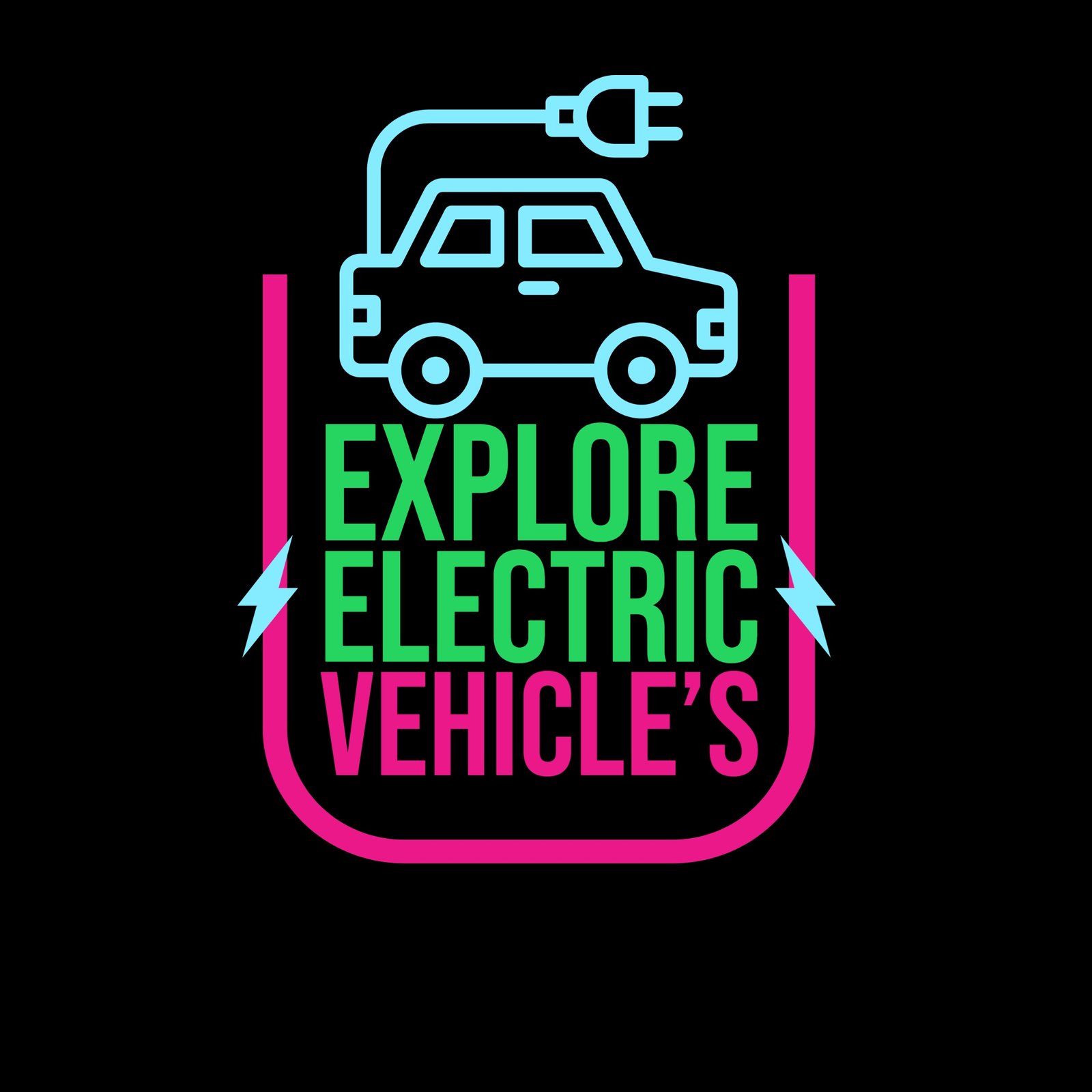

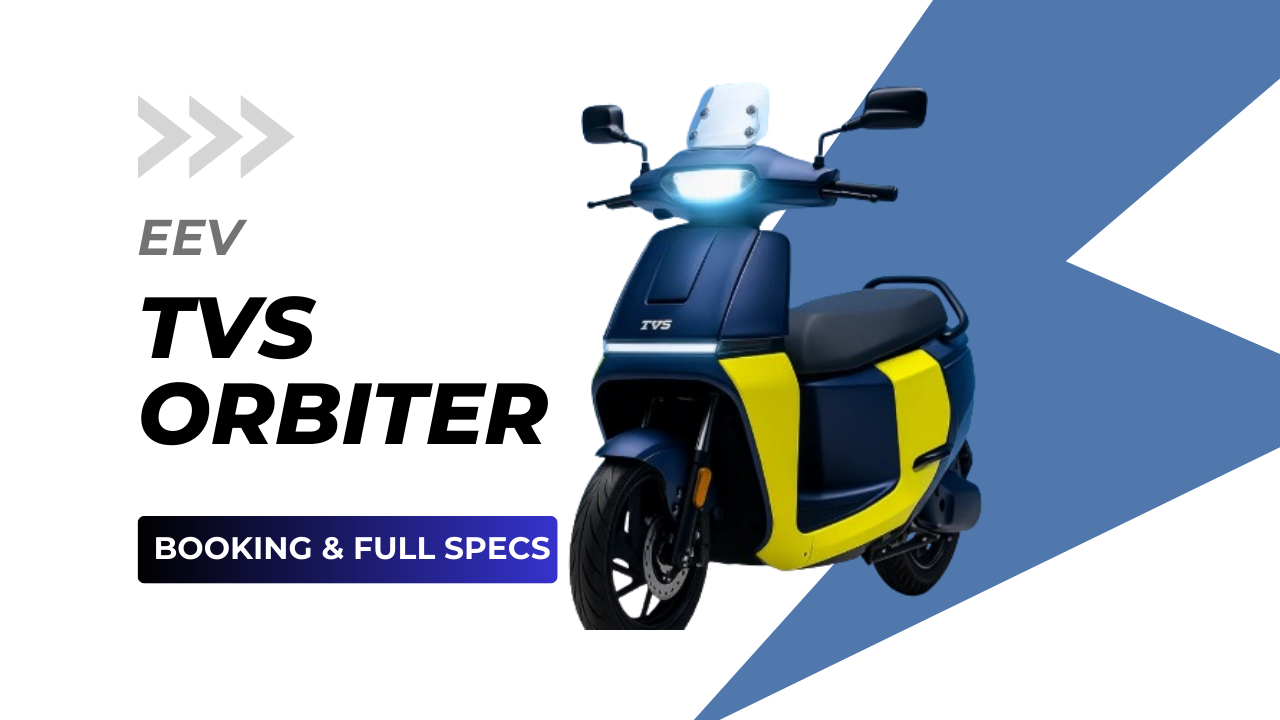

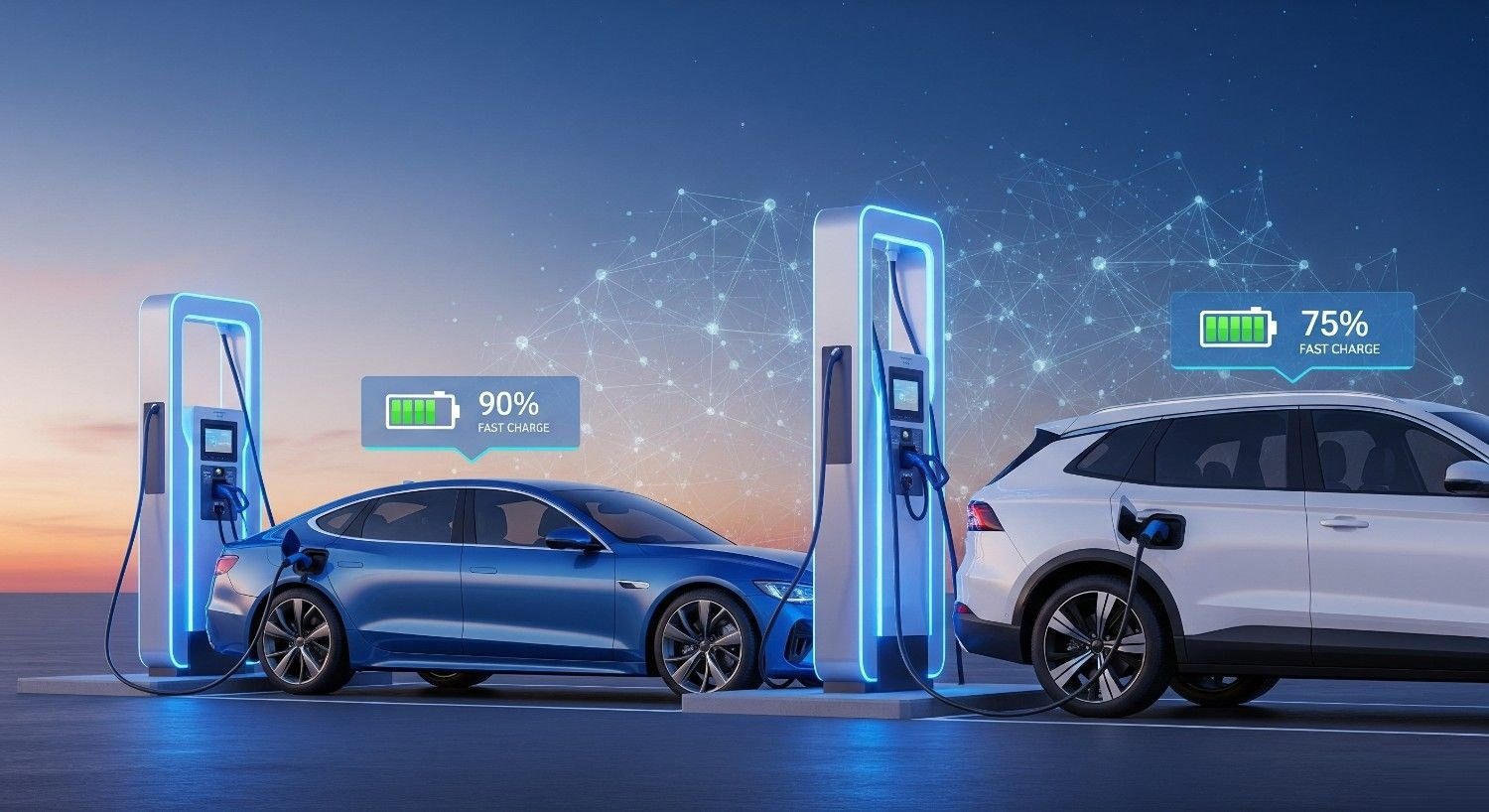

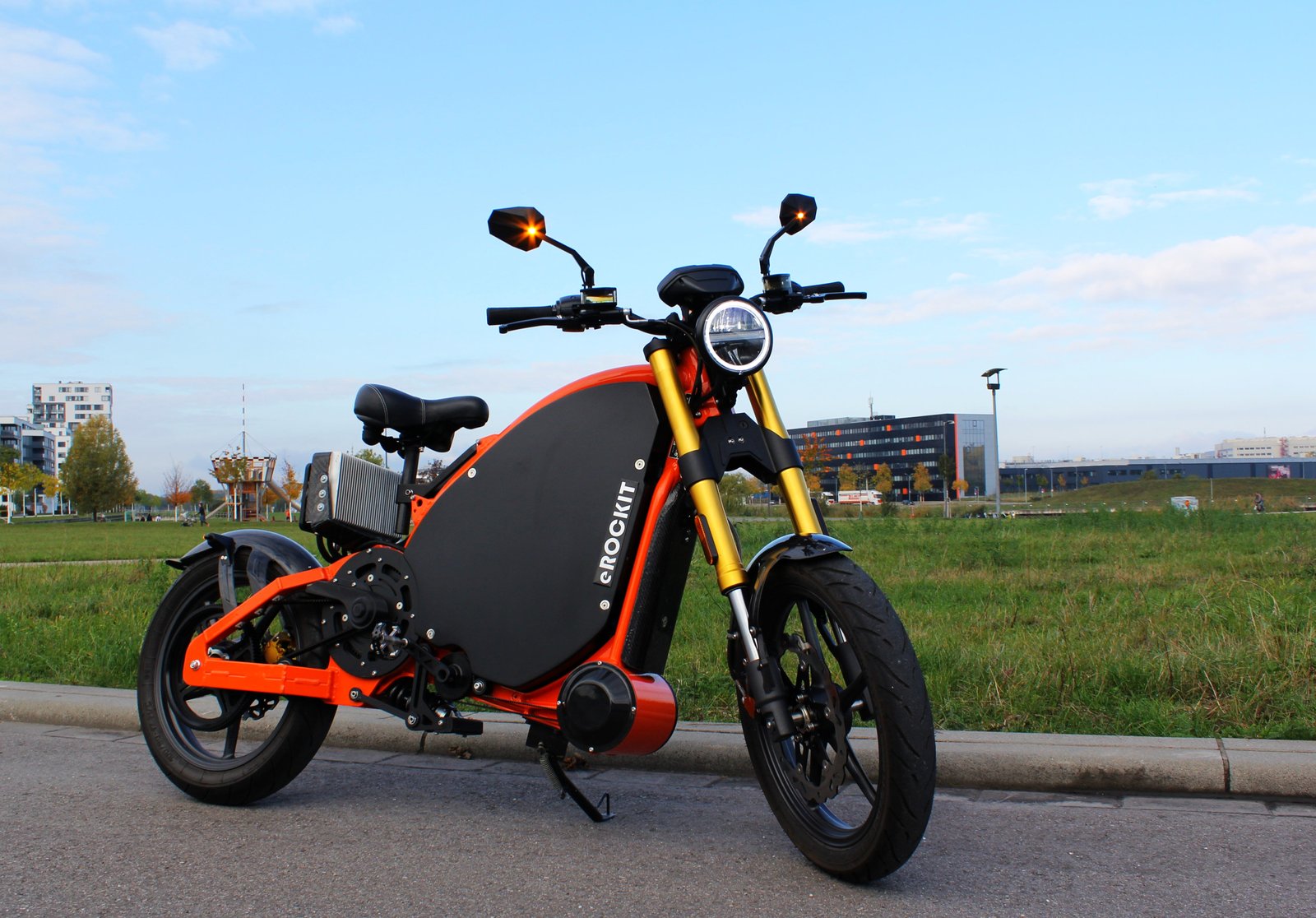

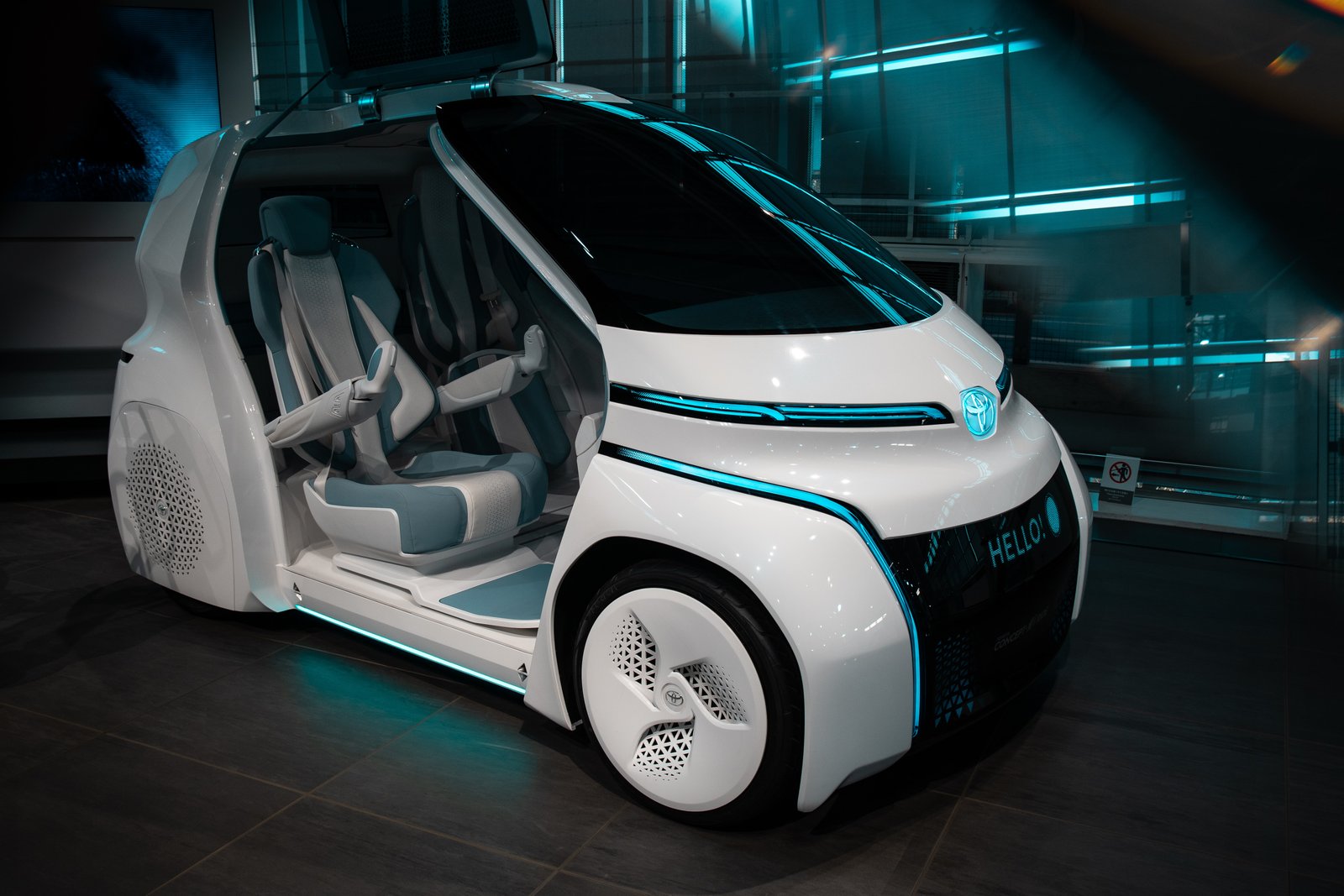

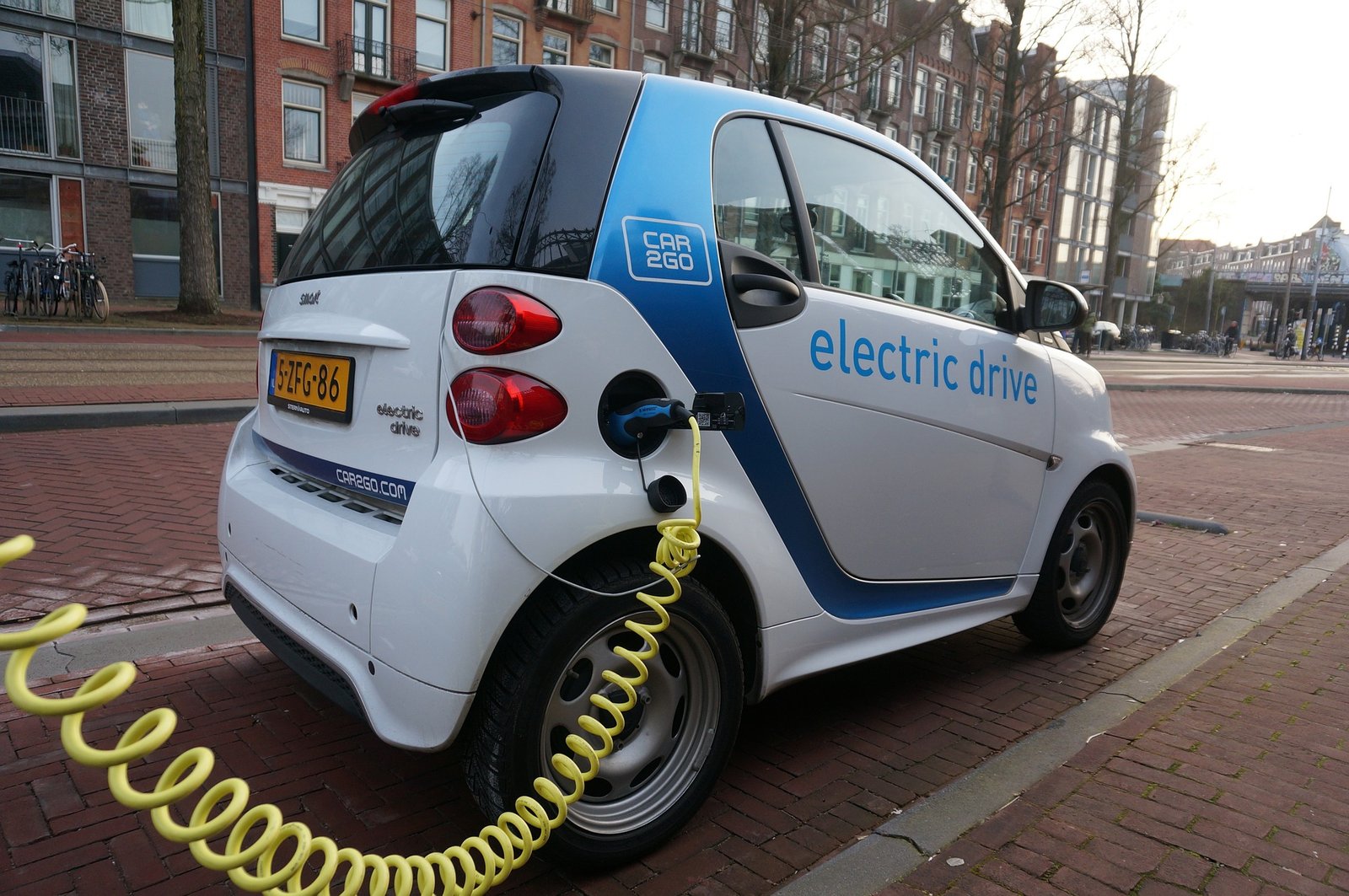
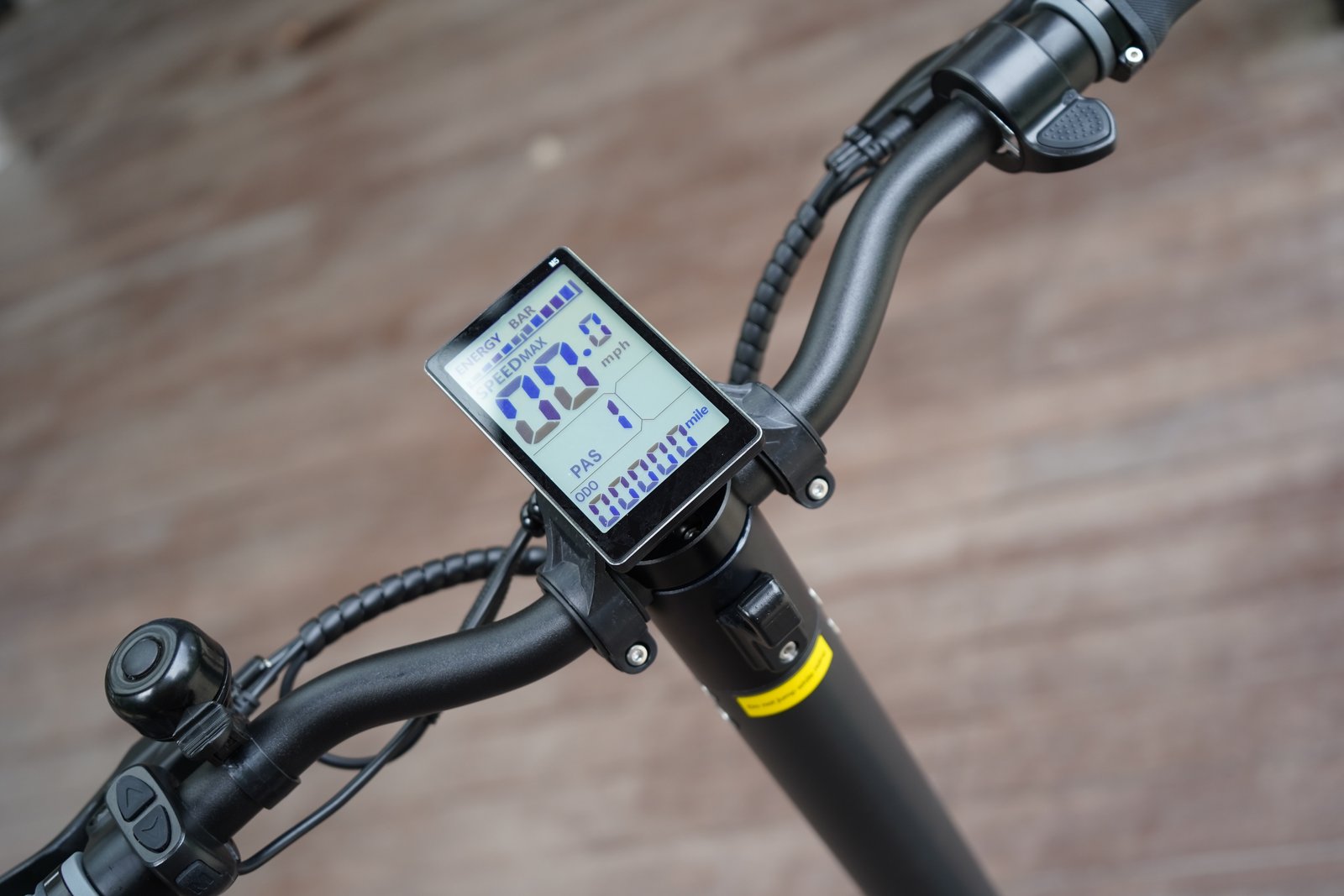
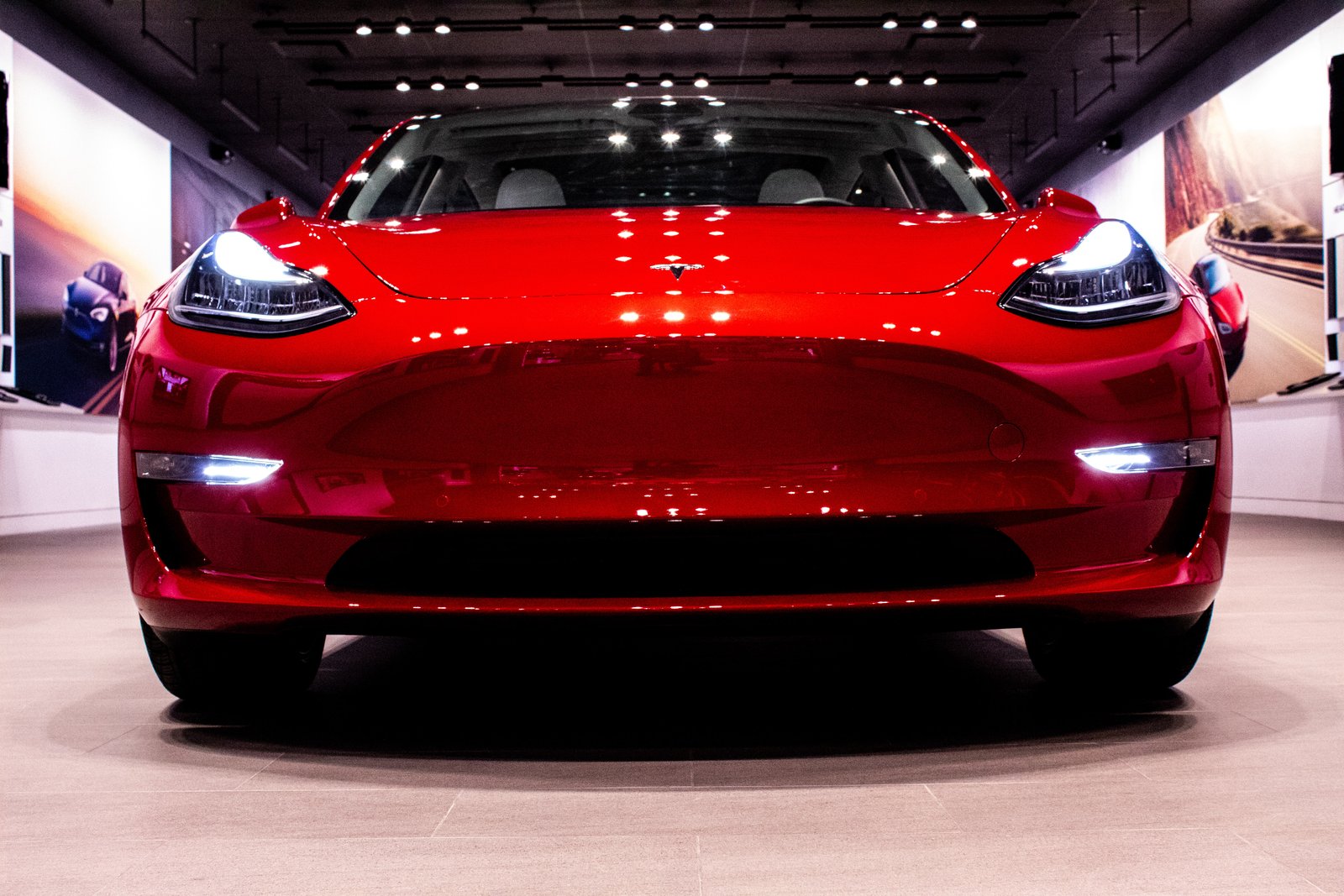
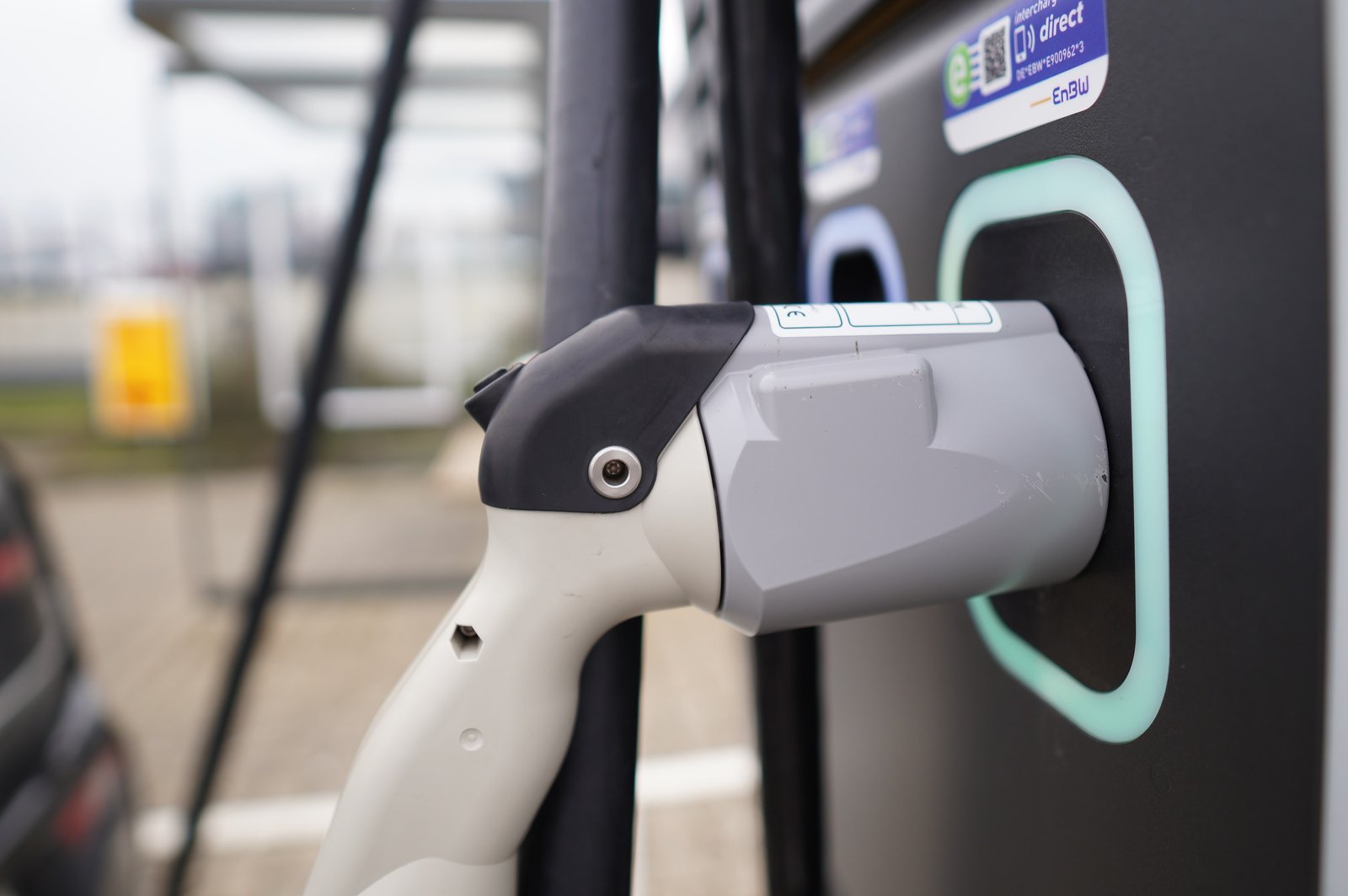
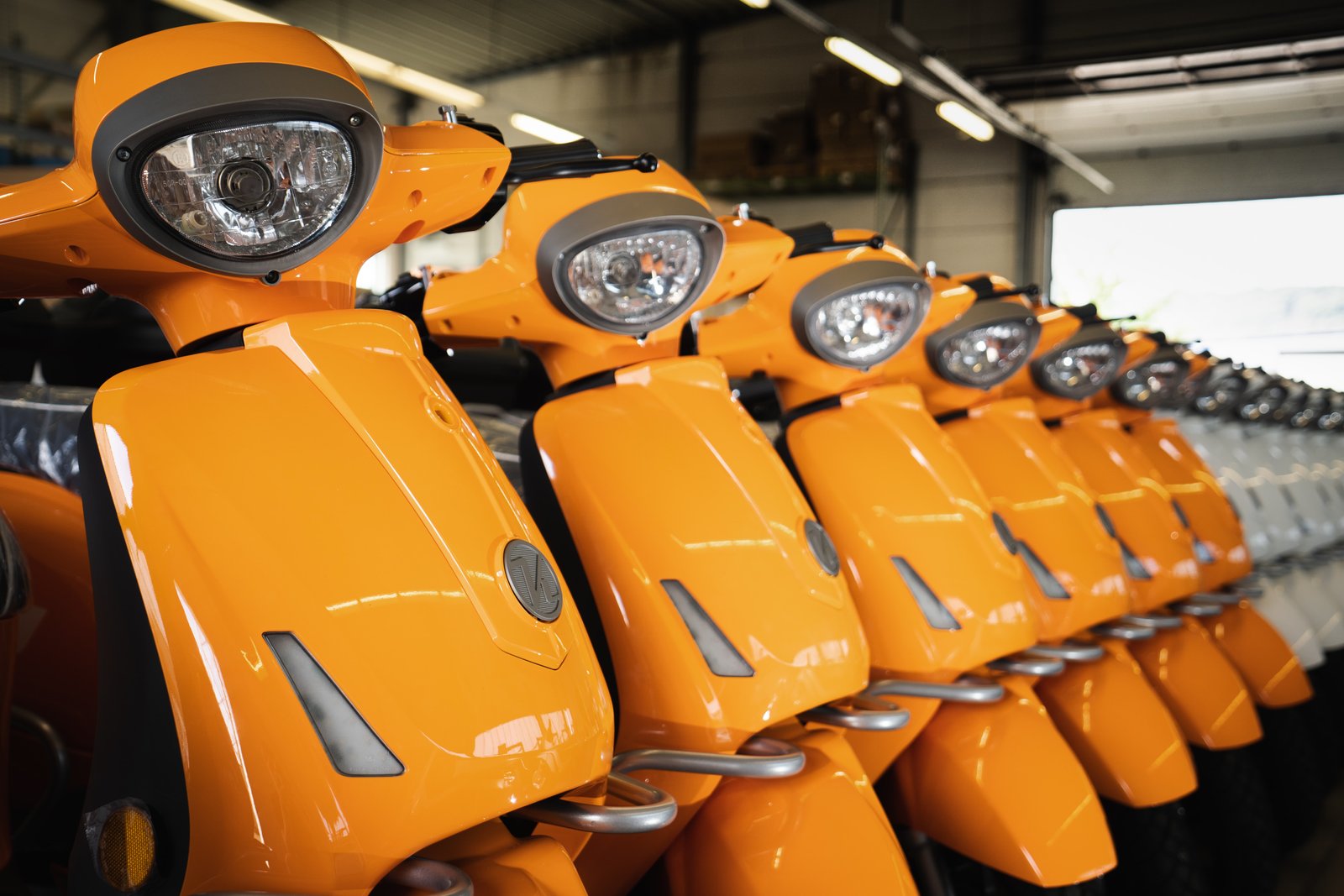
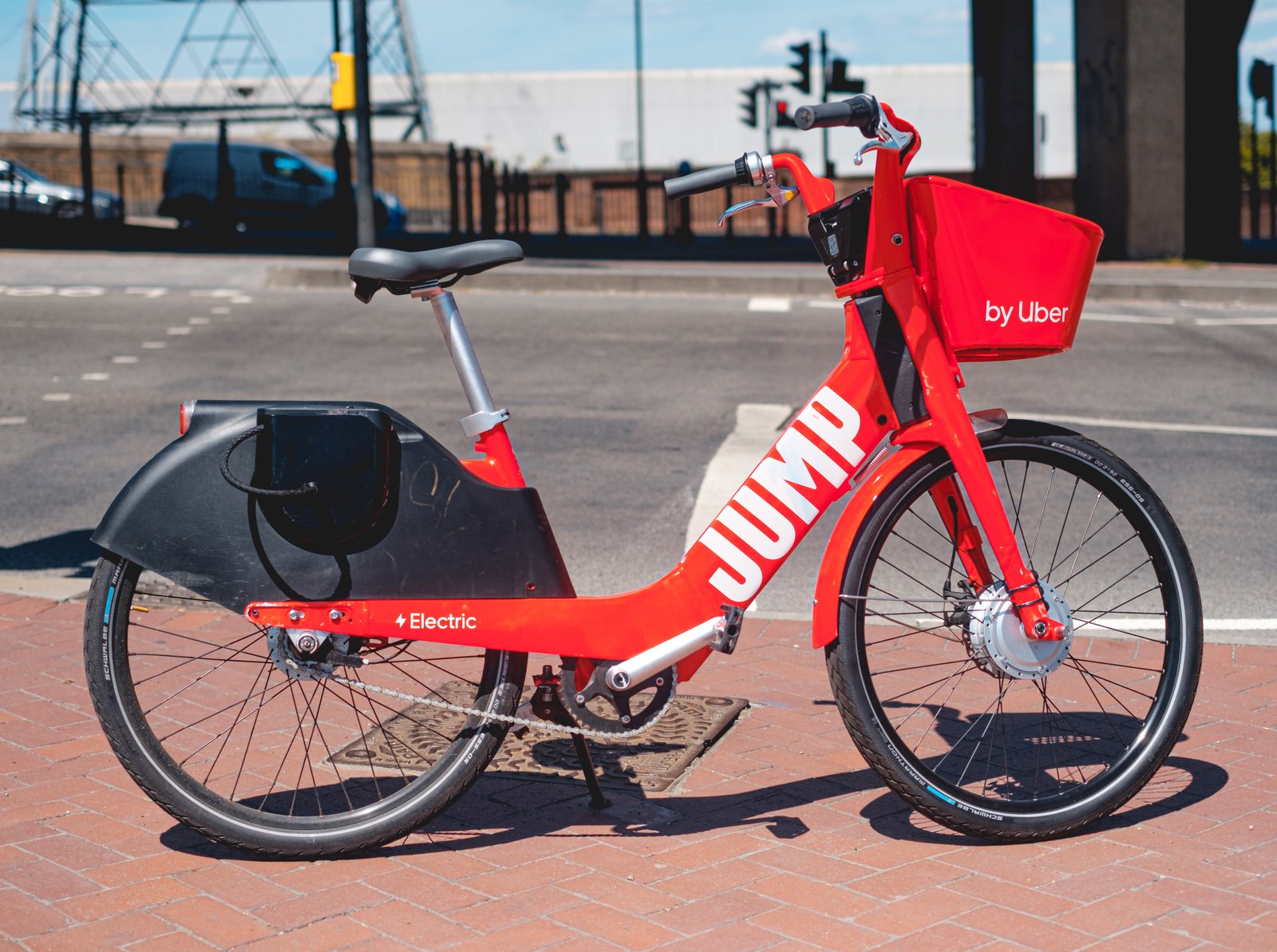
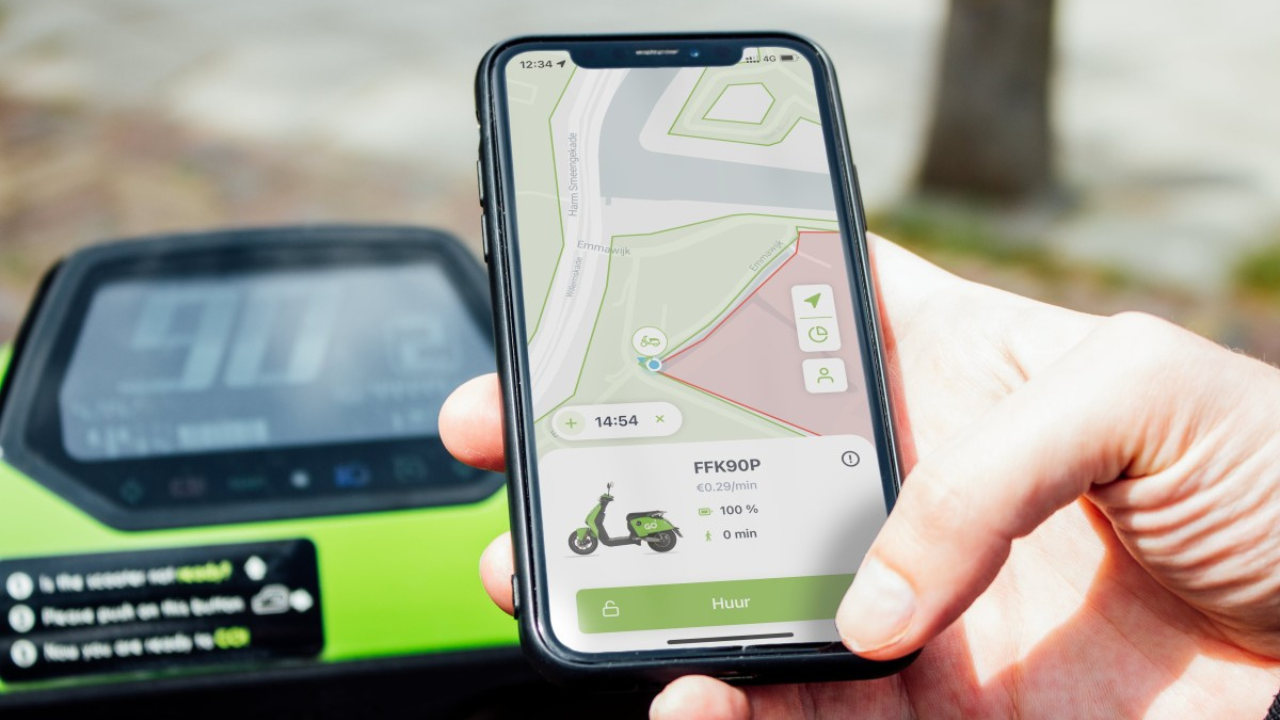
Leave a Comment